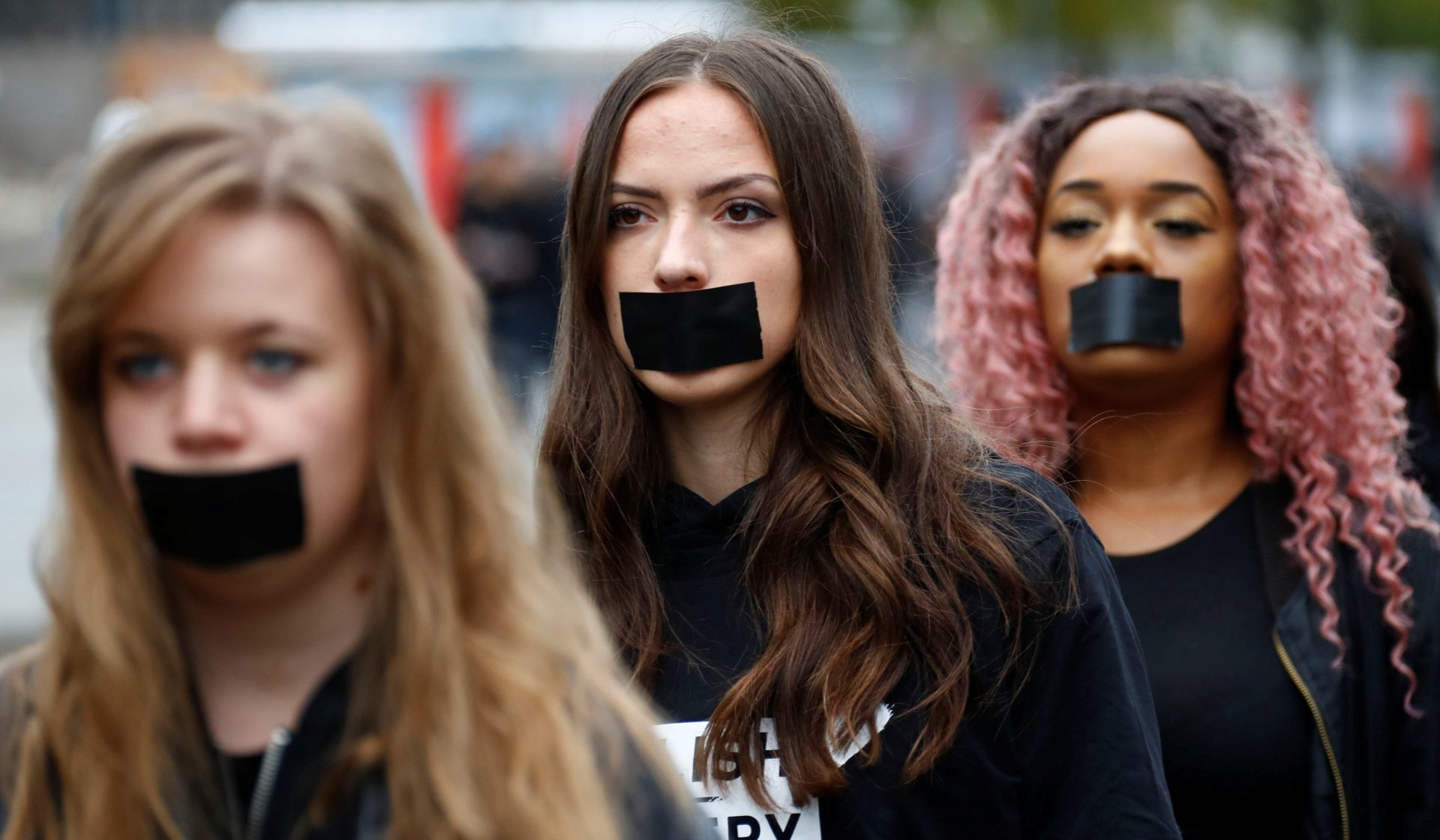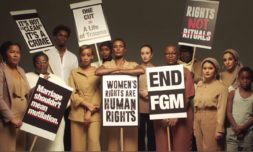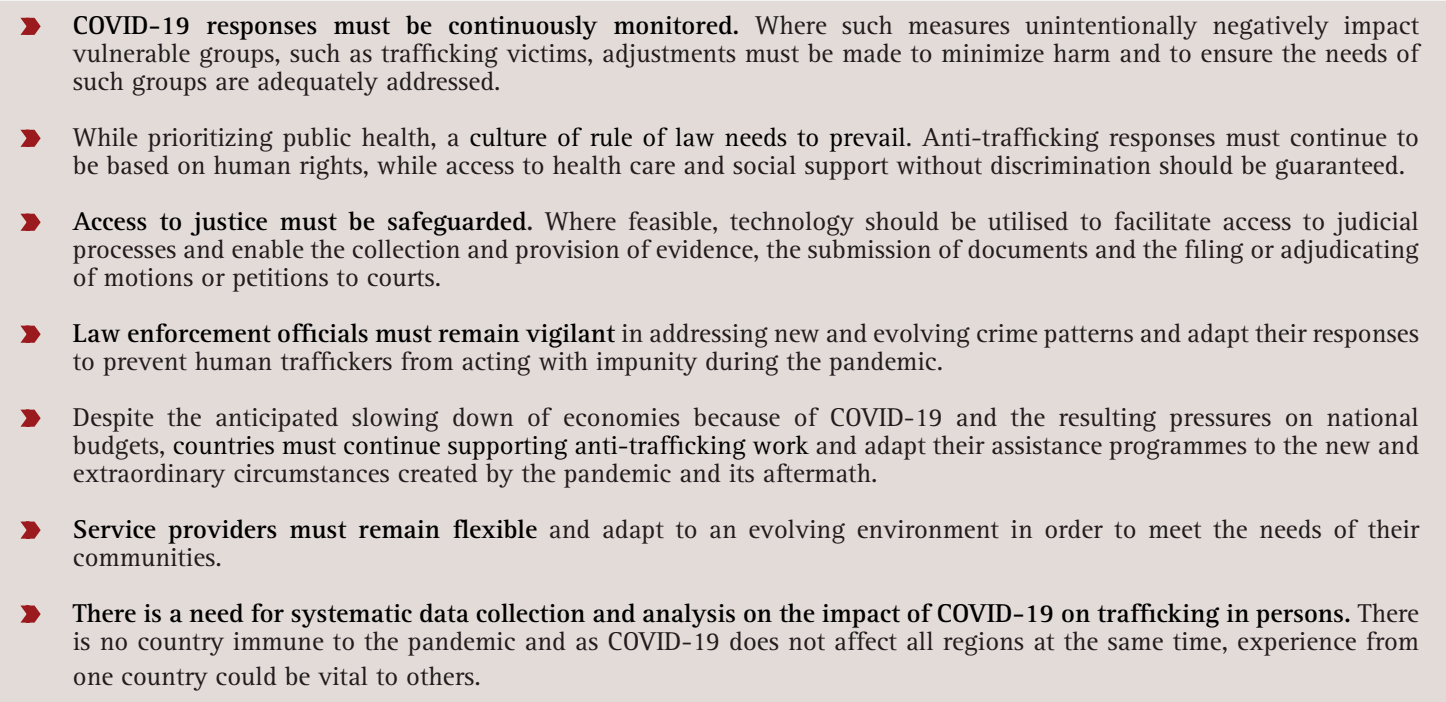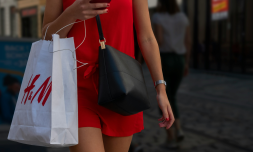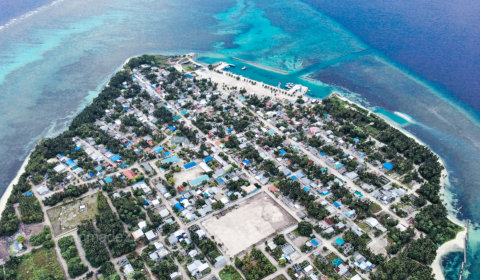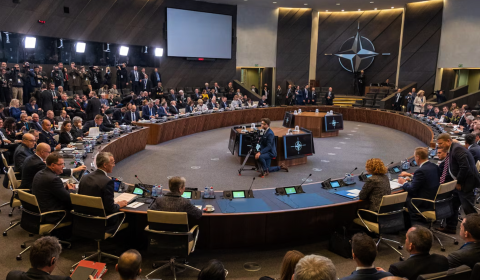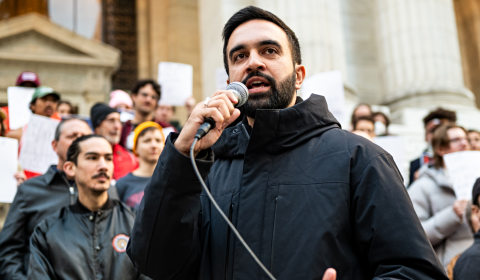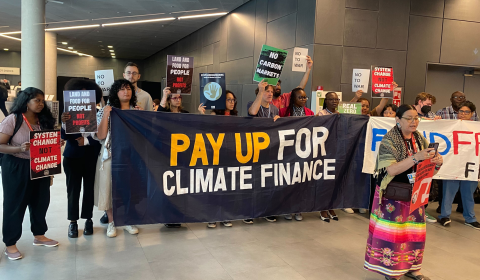The Covid-19 crisis has brought light to the economic and societal inequalities that are among the root causes of human trafficking, cases of which have risen 40% since the pandemic began.
Putting the world under enormous strain, the Covid-19 crisis has not only brought to light deep-rooted inequities – it has also exacerbated them.
Though the unprecedented measures adopted by governments worldwide throughout 2020 may well have flattened the infection curve, the socio-economic repercussions have left already-vulnerable populations exposed to heightened exploitation.
‘Millions of women, children, and men across the globe are out of work, out of school, and without social support in the continuing Covid-19 crisis,’ explains Ghada Waly, Executive Director of the United Nations Office on Drugs and Crime (UNODC). ‘We need targeted action to stop criminal traffickers from taking advantage of the pandemic to exploit the vulnerable.’
Utilising the steep rise in unemployment and reductions in income, traffickers are successfully convincing more and more families from poverty-stricken communities to resort to marrying off their girls for a dowry payment that will help keep them afloat.
Struggling to identify a means of securing their livelihoods, marginalised groups have become increasingly susceptible to these kinds of dangerous tactics.
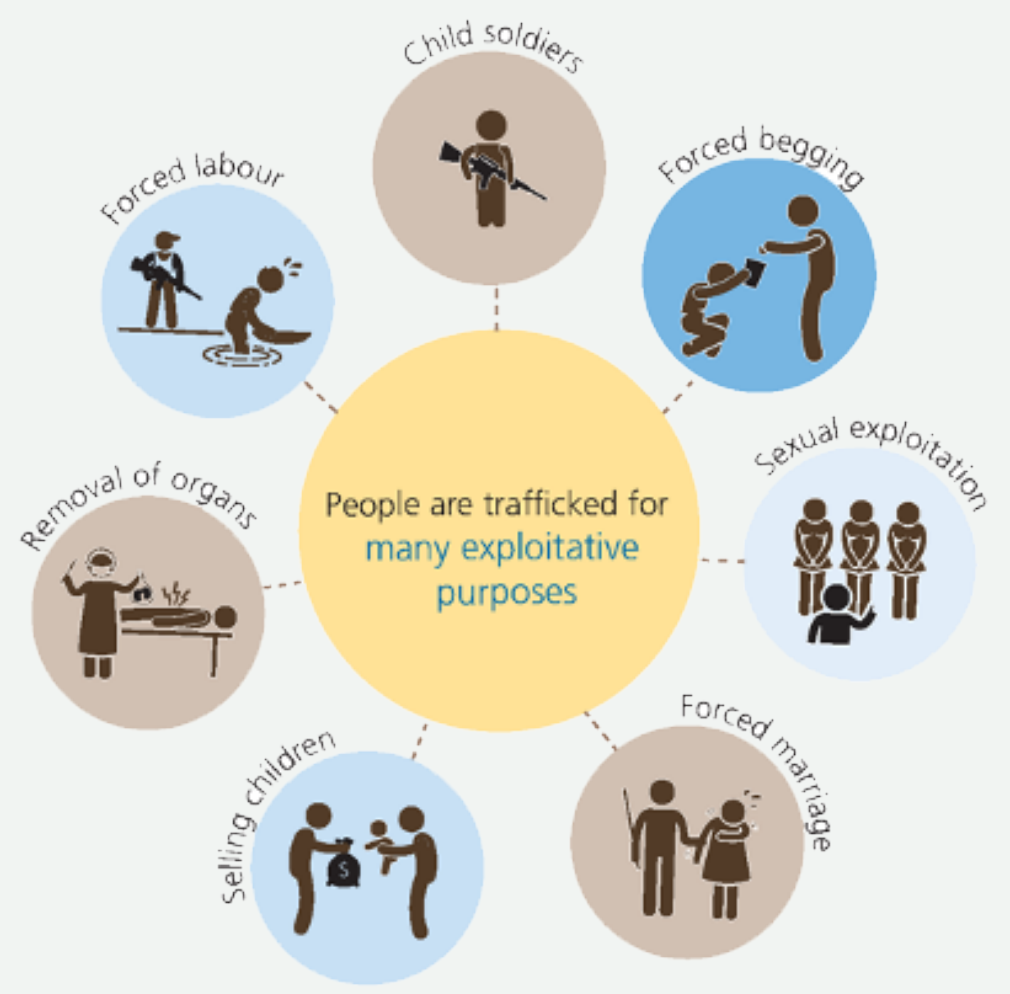
It’s what the International Labour Organisation (ILO) believes has caused an alarming 40% uptick in international cases of human trafficking since the initial outbreak of Coronavirus.
This involves a three-fold increase in child victims who are viewed by offenders as commodities without regard for human dignity, with girls primarily trafficked for sexual exploitation and boys for forced labour.
As of January 2021, close to 25 million people are now estimated to be trapped in situations of this nature and experts are rightly concerned about the impact this will have for years to come.
They fear that this worrying trend has both reversed previous efforts made to eradicate human trafficking and created a gold-mine for criminals who thrive in socio-economic turbulence.
‘The pandemic has acted as a silent precursor for traffickers, giving them a bigger playground to ‘hunt’ and ‘trap’ young girls under the guise of cultural traditions,’ explains a report from Plan International. ‘Approaching the one-year anniversary of Covid-19, we are staring down the barrel of an extremely serious and widespread health emergency.’









